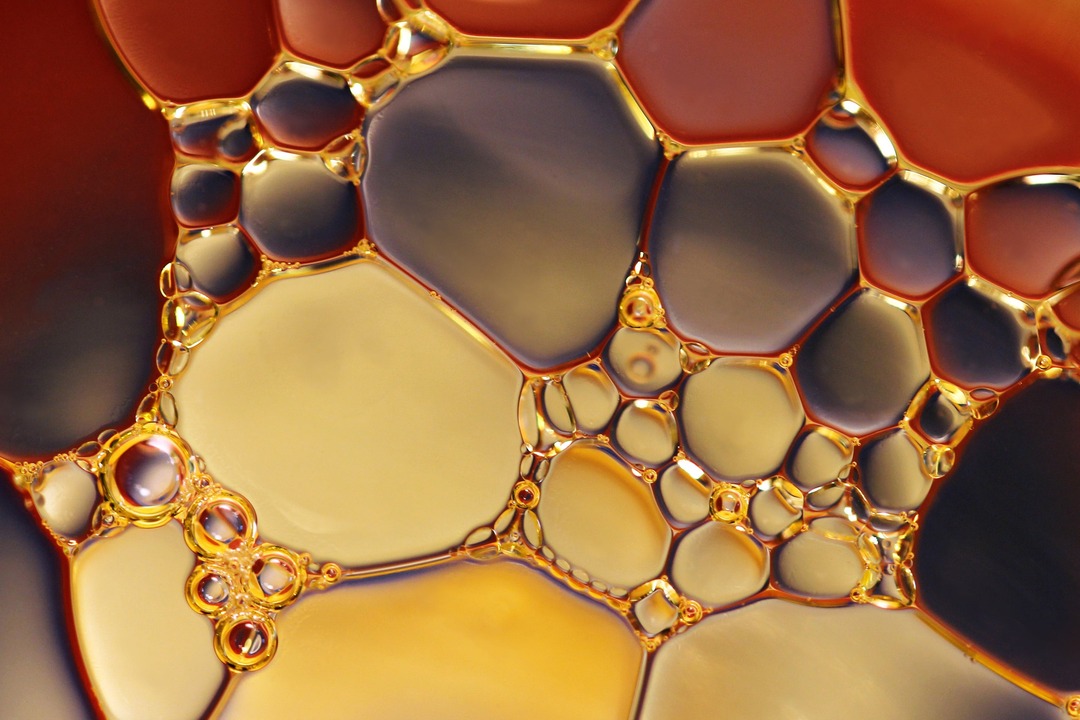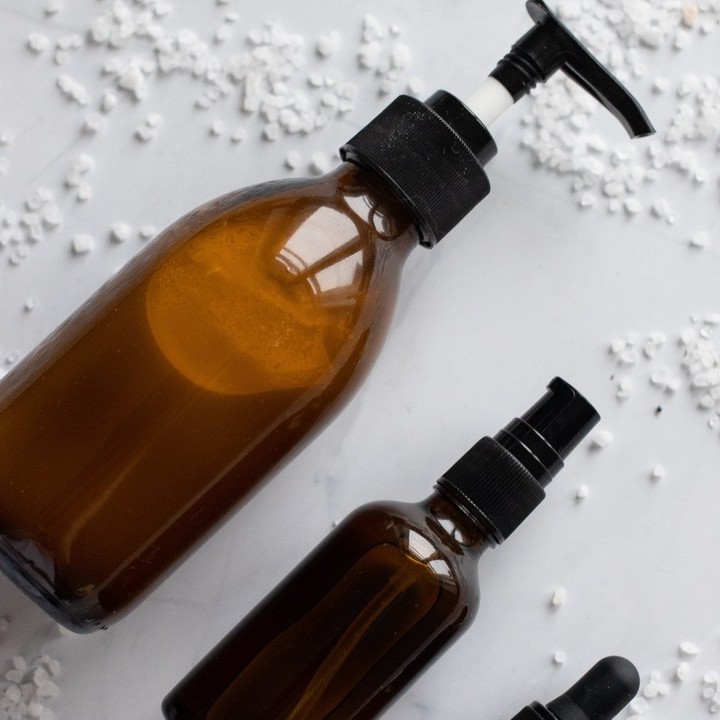
Natural Ingredients in Tanning Oils and Their Effects
Natural Ingredients in Tanning Oils and Their Effects
In today's beauty and wellness landscape, there's a discernible shift towards natural and organic products. Consumers are increasingly prioritizing transparency, seeking formulations that harness the power of nature. Tanning oils, once dominated by synthetic ingredients, are now witnessing a surge in natural formulations. These oils, enriched with botanical extracts and plant-derived ingredients, promise not only a sun-kissed glow but also nourished, rejuvenated skin. In this article, we delve into the world of natural ingredients in tanning oils and their effects, offering insights for both skincare enthusiasts and those keen on optimizing their tanning experience. You can choose Beesline Suntan Jelly 140 ml
The Rise of Natural Tanning Oils
Historically, tanning oils were primarily formulated with mineral oils and chemical enhancers designed to intensify UV absorption. However, growing awareness of potential side effects and a demand for cleaner beauty alternatives have catalyzed the evolution of tanning oils. Today's formulations are replete with natural ingredients, each offering unique benefits that transcend mere tanning.
1. Coconut Oil:
Source: Extracted from the kernel of mature coconuts.
Benefits:
Moisturization: Coconut oil is rich in fatty acids that deeply hydrate the skin, preventing dryness and flakiness post-tanning.
Antioxidant Protection: It contains antioxidants like vitamin E, protecting the skin from free radical damage induced by UV exposure.
Natural SPF: While not a replacement for sunscreen, coconut oil offers a minimal level of sun protection, reducing the immediate risk of sunburn. You can choose Hawaiian Tropic Island Tanning Coconut Oil Spray {SPF25} 236ml
2. Aloe Vera:
Source: The gel extracted from the leaves of the aloe vera plant.
Benefits:
Soothing Properties: Aloe vera has a cooling effect on the skin, providing relief from sunburn and irritation.
Hydration: Its gel-like consistency locks in moisture, ensuring the skin remains hydrated and supple.
Healing: Aloe vera accelerates skin regeneration, aiding in the repair of sun-damaged cells.
3. Carrot Seed Oil:
Source: Steam-distilled from the seeds of the carrot plant.
Benefits:
Natural Tanning Enhancer: Carrot seed oil contains carotenoids that stimulate melanin production, potentially intensifying and prolonging the tanning process.
Antioxidant Rich: It boasts a high concentration of antioxidants that combat oxidative stress, a common consequence of UV exposure.
Skin Rejuvenation: The oil's rejuvenating properties help in maintaining skin elasticity and reducing signs of premature aging.
4. Green Tea Extract:
Source: Derived from the leaves of the Camellia sinensis plant.
Benefits:
Anti-inflammatory: Green tea extract soothes irritated skin and reduces redness post sun exposure.
Antioxidant Defense: It is rich in polyphenols, which neutralize free radicals, minimizing potential sun damage.
Skin Revitalization: Green tea extract promotes skin rejuvenation, enhancing overall skin texture and radiance.
5. Jojoba Oil:
Source: Extracted from the seeds of the jojoba plant.
Benefits:
Balancing: Jojoba oil closely mimics the skin's natural sebum, making it an excellent moisturizer that doesn't clog pores.
Protection: Its waxy consistency forms a protective barrier, shielding the skin from environmental stressors and retaining moisture.
Anti-aging: Jojoba oil is rich in antioxidants, promoting collagen production and combating signs of aging induced by sun exposure. You can choose Nivea Carotene Spf 6 Tan Oil Spray 200 ml
Incorporating Natural Ingredients into Your Tanning Routine
The allure of a sun-kissed glow often prompts individuals to seek out tanning solutions that promise both efficacy and safety. With growing concerns about synthetic ingredients and their potential side effects, there's a discernible shift towards natural alternatives. Incorporating natural ingredients into your tanning routine not only enhances the tanning process but also nourishes and protects the skin. Here's how to harness their power effectively:
- Choose Wisely: Opt for tanning oils that prioritize natural ingredients and avoid formulations laden with synthetic chemicals and fillers.
- Monitor and Adapt:
Observe how your skin responds to different natural ingredients and adjust your routine accordingly:
Patch Test: Before widespread application, perform patch tests to identify any potential sensitivities or allergies.
Listen to Your Skin: If you notice redness, irritation, or other adverse reactions, discontinue use and consult a dermatologist if necessary.
- Layer with Sunscreen: While natural ingredients offer some degree of sun protection, they aren't substitutes for broad-spectrum sunscreen. Layer your tanning oil with a reliable sunscreen to ensure comprehensive protection.
- Hydrate and Nourish: Post-tanning, prioritize hydration and nourishment. Use natural moisturizers and serums enriched with ingredients like aloe vera and jojoba oil to replenish your skin's vitality.
Natural ingredients in tanning oils represent a harmonious blend of beauty and wellness. They not only enhance the tanning process but also bestow myriad skincare benefits, ensuring your skin remains radiant, hydrated, and resilient. By understanding the properties and benefits of these ingredients and integrating them thoughtfully into your tanning regimen, you can achieve a sun-kissed glow that's as nourishing as it is beautiful. Embrace the power of nature and embark on a tanning journey that celebrates both aesthetics and skin health.
 العربية
العربية





